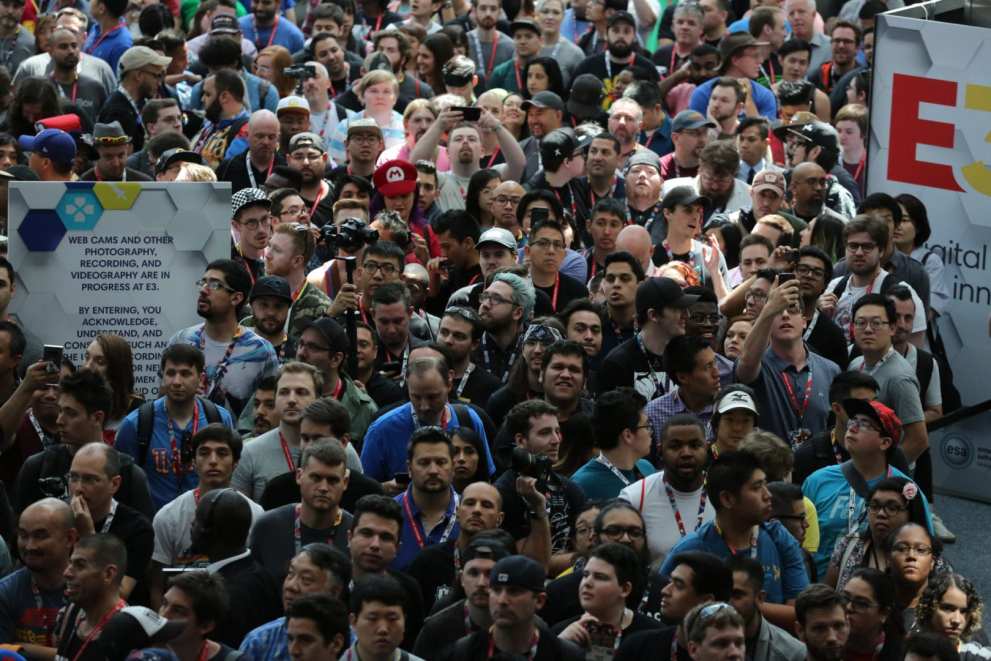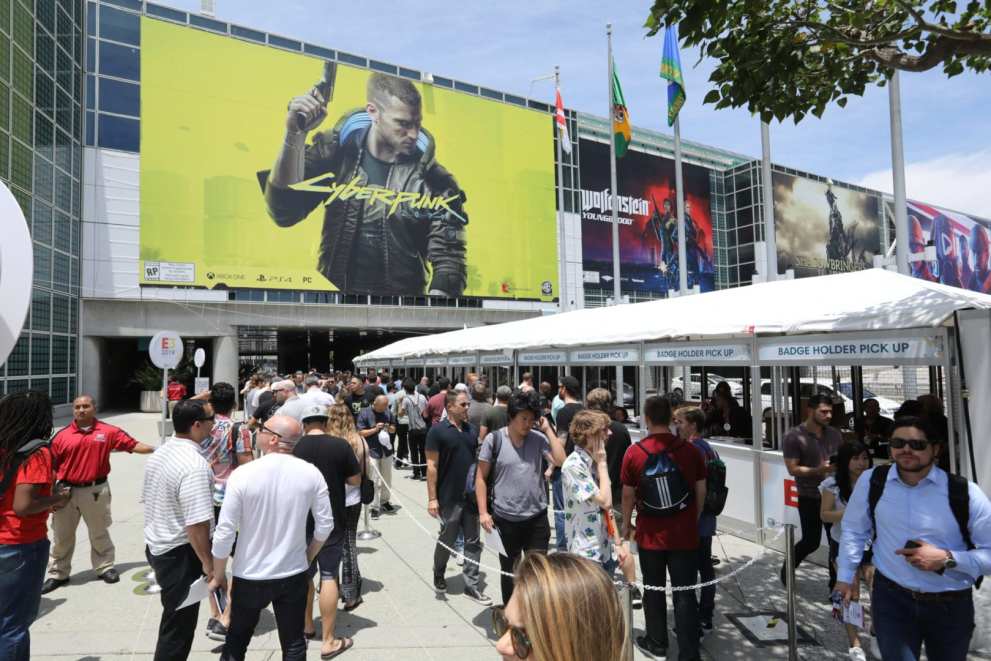Coronavirus has changed the landscape of how the entire world operates. From bans on group gatherings to full-on quarantine and lock-down around the globe, the world has become more isolated as of late. Gaming has taken a significant hit in particular with this pandemic, influencing events, announcements, and release dates. Even the biggest and most established fixtures in the industry are needing to reconsider their original plans.
Due to the concerns surrounding Coronavirus, the ESA made the decision to cancel E3 this June. E3 has long embodied the mystery of what is to come for the upcoming release schedule since its inception and its cancellation is certainly going to be disappointing to many.
Although it has been, first and foremost, a trade show, where the importance of face-to-face meetings will be lost for those who need an event like this, E3 has in recent years become just as much a fan-driven event as it attempts to reinvent itself for survival.

We have to ask ourselves, why is E3 changing? The news circuit the last couple of years has described an event in turmoil, with major players like Sony pulling out entirely, while their former figurehead Shawn Layden even described the event as a tool of the past.
The E3 of yesteryear that was needed so that the toy companies and video game corporations could come together to come up with marketing strategy while displaying some of what is to come to journalists to push a media presence is not quite the same.
Social media and the internet, in general, have allowed for a boost in the ways corporations can talk to consumers directly, such as with Nintendo’s Direct format. Also, open communication has transformed the news cycle into a 24-hour, everyday endeavor, where a singular event isn’t enough to propel what the media needs to keep viewers engaged or to allow for enough of a voice for the developers to show off the goods.
The introduction of several events throughout the year was bound to happen with this need to be in the spotlight as much as possible. PAX, GDC, Gamescom, and so many more are available for creators and consumers to get in the know, and this takes a huge chunk out of the importance that E3 has held in recent years, especially when you could argue some of those events do it better, at least from a fan-friendly standpoint.
A major demographic that is hurt by this potential transition, however, are the indie developers who use an event like this to pitch their titles to publishers in hopes of gaining that safety net, increased marketing budget, and more.
Unfortunately, a changed E3 isn’t going to help this important group of the industry, but with the emergence of presentations from smaller companies, like Devolver Digital or the Kinda Funny Showcase, as well as a push from companies like EA and Square Enix to gather prominent indies, they might be able to supplement the changes enough where it could lessen the burden.

Another group that will see some effects from this fan-driven change is the media — journalists who go on the ground floor to see and give a voice to the games from the show. E3 will always hold significance to this group, but with publishers pulling out even pre-pandemic, this event was losing some of its value for platform-specific sites and content creators, as well as the larger sites as a whole.
When a company like EA creates their own event across town, Sony pulls out entirely, and a creator like Geoff Keighley mysteriously leaves his post at the E3 Coliseum you have to start to question the slimming coverage options available. This all follows the embarrassing leak of journalist’s private information last year which certainly did nothing to help the beleaguered show.
Eventually, we will see more publishers taking digital means to get in touch with the media, so E3 going in that direction could make some sense, to the chagrin of writers abound.
Sometimes, taking a year off can simply be the most healthy thing to happen to something like E3. When you’re in the bubble it is easy to lose touch with what is happening around you. So, being able to have the year off with digital events could allow for E3 to sit back, relax, and come up with a better plan for 2021.

There are two obvious options for the future of E3. Returning head-first into its roots, with no fan presence — allowing only media meetings and business conversations, while taking the digital presentation format that we will see this year into future events to allow for the consumers abroad to see what is to come.
Or, conversely, go full-on fan-friendly, with all of the bells and whistles, booth presentation, and all the games you could ask for for the average gamer. In this instance, allowing more business-oriented events like GDC to take the reins on those conversations while falling in line with PAX and Gamescom in terms of media friendliness.
I don’t know which way is the right way, but regardless, I think we all can agree that a healthy E3 with some longevity to it is best for all, even if some things have to change and evolve from what we are used to.
Even if things stay the same or similar in the long-term, this will certainly be an interesting year for the announcement cycle. The ESA has said they still hope to foster digital presentations around when E3 was scheduled to happen, and publishers like Microsoft and Ubisoft, are still planning on running with a presentation in some way, shape, or form.
Nintendo has been all-digital for some time, with the only E3 presence being their booth and Nintendo Treehouse live show. And for everything and everyone beyond that we still have PAX West currently scheduled for some time at the end of the summer, and several events beyond that into the end of the year and into next. We will still get our much-needed news from our favorite developers and publishers around the world, even with a year off, and an uncertain future for the largest event in gaming.
